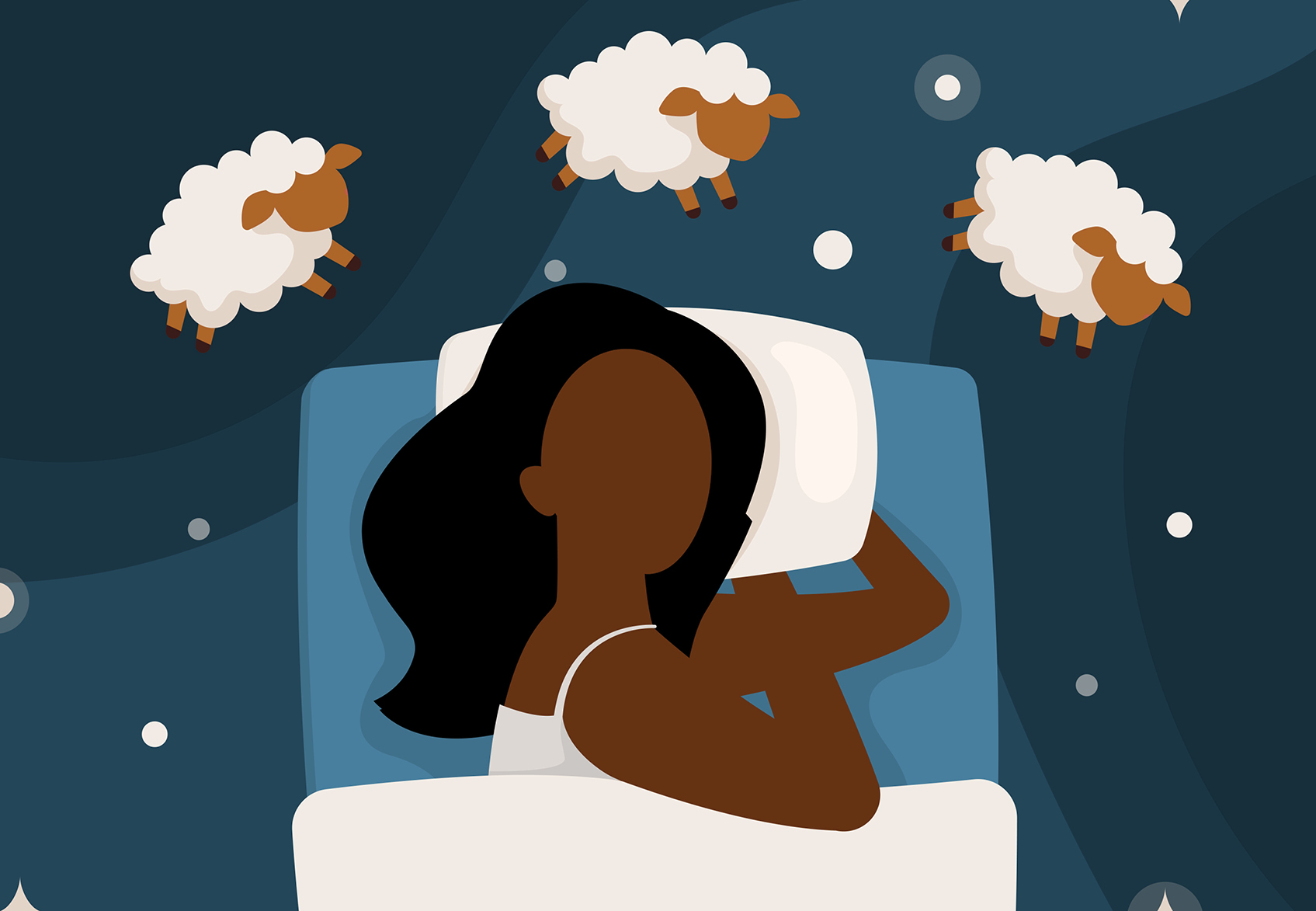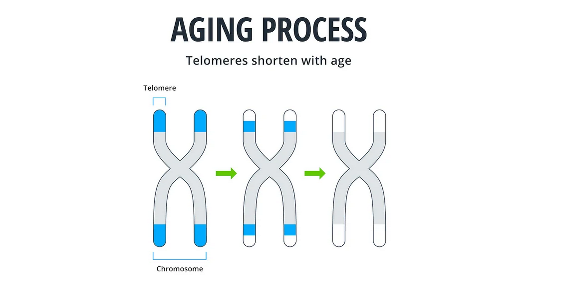

Sleep sets your internal clock, regulates your appetite, consolidates and heals your memories, and refreshes your mood.
- Biological clock: if you struggle to wake up & feel alert in the morning, or are wide awake at bedtime, feel hungry at strange hours, then your internal clock is off. This internal clock tells you when to feel tired, when to feel alert, and when to get hungry. It drives the task of cellular housekeeping (damaged parts are cleared and DNA is repaired) at night.
-
- Fix: Light exposure during the day (natural – even on a cloudy day is better than indoor light), and dim lights at night. Eat majority of your calories during day light hours.
- Appetite: Body depends on REM to regulate appetite. During REM cortisol (stress hormone) is suppressed and your metabolic rate increases. Less REM = more cortisol => Higher insulin => insulin resistance => inflammation, diabetes, fatty liver, etc.
-
- Fix: Ensure sufficient hours in bed, mindful of sleep hygiene (cold, dark room, no screens before bedtime, relaxing activity before bed)
- Good/Bad Memories & Emotions: “We sleep to remember, and we sleep to forget” Matt Walker (researcher). Sleep reduces the emotional charge of painful memories and creates new connections between brain cells so you’re stabilizing your memory of what you’ve learned. Also accomplished through REM. As well, when you don’t sleep well, you have a stress response that’s much bigger (irritability).
- Fix: All of above fixes – sleep!
- But Insomnia! This requires it’s own book but at its core it’s often a downstream effect of an episode of bad sleep. This leads to “trying too hard to sleep” and habit of rehearsing the past or worrying about the future. In order to sleep, we need to feel physically and psychologically safe. But at night, small worries morph into large looming threats making it hard to feel secure enough to sleep. But also, a second layer of worries can develop over time made up of worries about insomnia: “I can’t function tomorrow without a good nights sleep”, “I should be able to sleep as soundly as my partner”, “I’m going to look terrible tomorrow”, “I’m going to have a nervous breakdown”.
- Fix: These thoughts can push an episode of tossing and turning into full-blown insomnia. If this has been the case for you, you can begin examining these thoughts. This requires cognitive behavioural therapy support so consider seeing a counselor or look into Dr. Jason Ong’s (sleep therapist) resources: Here and here.
If you feel there may be more to your poor sleep quality, then let’s chat! We’ll review hormones, go over your lifestyle habits including work/play/diet/light/exercise/mood and can even test your night-time melatonin levels to bring you quality restorative sleep!

